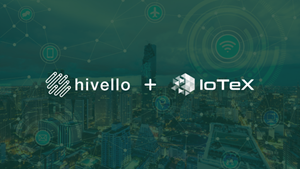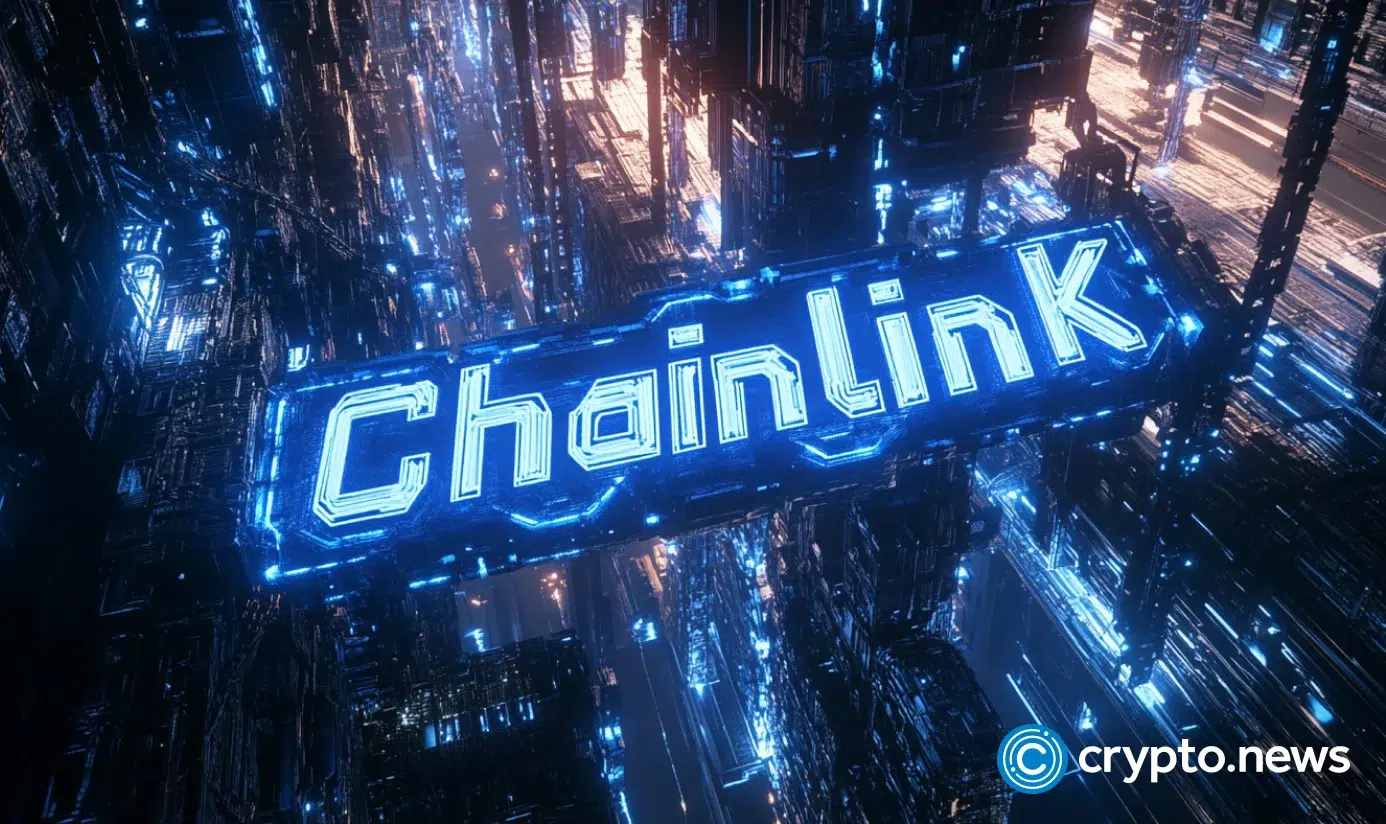Metavisio Unveils World's First Web3 Laptop with Integrated Crypto Wallet
The emergence of Web3 technology is set to revolutionize the computing landscape, with European company Metavisio leading the charge by announcing the world’s first Web3 laptop. Developed by its subsidiary, Thomson Computing, this innovative device will feature a built-in cold storage crypto wallet designed to securely store cryptocurrency private keys offline, thereby minimizing hacking risks. While specific technical specifications and a release date are yet to be disclosed, the laptop is expected to cater to a diverse audience, including students, gamers, and general users. The proprietary operating system, dubbed “Web3 OS,” is anticipated to be completed by the first quarter of 2025, with initial support for Ethereum Virtual Machine (EVM) networks, Bitcoin, XRP, and Bittensor, and plans for future compatibility expansion.
In addition to its advanced security features, Metavisio’s Web3 laptop aims to gamify user engagement by rewarding users with token airdrops for completing specific tasks, contingent upon a KYC process. Pricing for the laptop is projected to range from €499 ($523) to €2,000 ($2,100), making it accessible to a wide range of consumers. Stephan Français, Founder & CEO of Metavisio and Thomson, emphasized that this laptop is designed for a future where users have complete ownership of their digital experiences, laying the groundwork for empowering the next billion users in the Web3 ecosystem.
The announcement of the Web3 laptop comes amidst a surge in Web3 mobile devices, with Solana recently unveiling its Seeker smartphone, which has already garnered 140,000 presales. Other notable entries include XProtocol’s Ethereum phone, XForge, and Jambo’s JamboPhone 2, priced at $299 and $99 respectively. These developments highlight a growing trend towards integrating blockchain technology into everyday devices, signaling a significant shift in how consumers interact with digital assets and applications in the evolving Web3 landscape.
Related News





